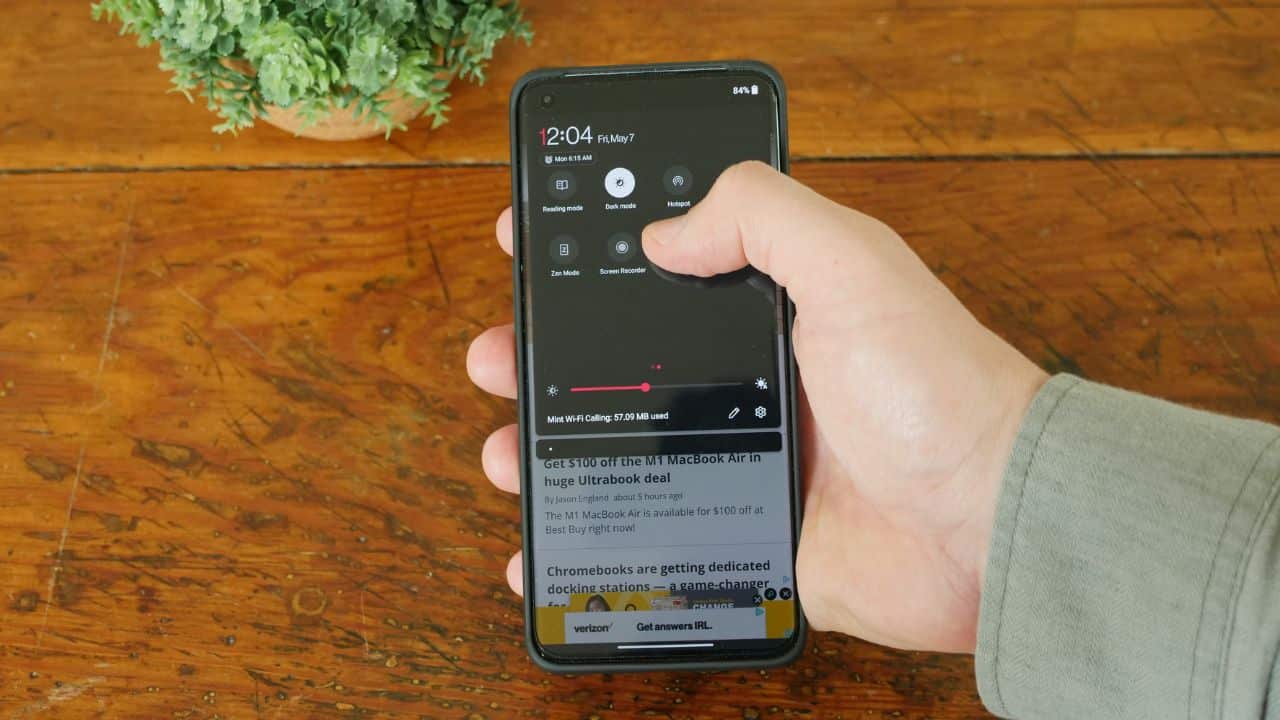The journey to becoming a pediatrician is a transformative odyssey, marked by years of education and training.
In this comprehensive exploration, we delve into who a pediatrician is, and the steps involved in becoming one, address frequently asked questions, and conclude the dedication and perseverance required to embark on this noble profession.
Table of contents
- Who is a Pediatrician?
- How Many Years of College Does It Take to Be a Pediatrician
- How to Become a Pediatrician
- FAQs- How Many Years of College Does It Take To Be A Pediatrician
- Conclusion
- Reference- How Many Years of College Does It Take To Be A Pediatrician
- Recommendation- How Many Years of College Does It Take To Be A Pediatrician
Who is a Pediatrician?
A pediatrician is a medical doctor who specializes in the care of infants, children, and adolescents.
Their role extends beyond treating illnesses to encompass preventive care, developmental assessments, and guidance for parents on the physical, emotional, and behavioral well-being of their children.
How Many Years of College Does It Take to Be a Pediatrician
The minimum number of years required to become a pediatrician is around 11 to 15 years. The process involves a bachelor’s degree, four years of medical school, a three to seven years residency, and optionally, an additional two to three years for fellowship.
Check this out: How Many Years to Become a Registered Nurse? New Update.
How to Become a Pediatrician
Below are the basic steps you need to take to become a pediatrician:
Bachelor’s Degree
This is the first step you need to take in pursuit of a career as a pediatrician. Aspiring pediatricians typically pursue a Bachelor’s degree in a relevant field such as biology, chemistry, or pre-medicine.
This phase, lasting approximately four years, not only provides a deep understanding of foundational sciences but also includes prerequisite courses necessary for admission to medical school.
To prepare for Medical school, you need to complete a course in physics, biology, organic and inorganic. In addition, you should also begin to prepare for the Medical College Admission Test (MCAT), which is a core requirement for admission into medical school.
Medical School (4 years)
Upon successful completion of the Bachelor’s degree, aspiring pediatricians embark on the next leg of their journey – medical school.
Medical school is a four-year program where students delve into the intricacies of medical sciences, clinical practice, and patient care.
The curriculum includes classroom lectures, laboratory work, and, crucially, hands-on experience through rotations in various medical specialties.
During the first two years of medical school, students focus on coursework covering topics like anatomy, physiology, microbiology, pharmacology, and pathology.
The latter two years involve clinical rotations, allowing students to apply their knowledge in real-world healthcare settings.
Exposure to different specialties helps students discover their passion for pediatrics and solidify their decision to pursue this specialized field.
Medical License
Once you are done with Medical school, you will proceed to secure a license to practice medicine. To do this, you’ll have to sit for a licensing exam and complete any other needed requirements.
Residency Program and Internship
Following the successful completion of medical school and obtaining a medical license, the journey takes a more specialized turn with a pediatric residency. Residency is a crucial phase where physicians gain practical, clinical experience in their chosen field.
During the pediatric residency, doctors work in hospitals or clinics under the guidance of experienced pediatricians.
The residency provides a comprehensive understanding of pediatric medicine, covering areas such as neonatology, adolescent medicine, and pediatric surgery.
Residents gradually take on more responsibilities, honing their clinical skills, and building the expertise necessary for independent practice.
See also: How to Write 2 Weeks Notice Letter of Resignation for a Nurse? Tips and Templates.
Fellowship (Optional, Additional 2-3 years)
While completing a pediatric residency is sufficient to practice general pediatrics, some aspiring pediatricians choose to further specialize by pursuing a fellowship.
Fellowships offer an opportunity to delve deeper into a specific area of pediatrics, such as pediatric cardiology, pediatric neurology, neonatology, or pediatric infectious diseases.
A fellowship program typically lasts for an additional two to three years and provides a more focused and in-depth training experience.
Board Certification
After completing the required education and training, pediatricians may seek board certification to practice independently. Board certification is typically obtained by passing the American Board of Pediatrics (ABP) examination or the American Board of Medical Specialties (ABMS).
FAQs- How Many Years of College Does It Take To Be A Pediatrician
Pediatricians can earn up to $187,522 per annum.
It takes a minimum of 11 to 15 years to become a pediatrician.
Yes, pediatricians can choose to specialize without completing a fellowship. Specialization often involves gaining additional experience and expertise through clinical practice, research, and continuing education.
Board certification is a crucial step that demonstrates a pediatrician’s competence and knowledge in the field. It is required for independent practice.
Conclusion
In conclusion, pursuing a career as a pediatrician is a commendable and rewarding journey. The passion for caring for children’s health and well-being is the driving force behind this profession. We hope the content in this article aids your quest.
Reference- How Many Years of College Does It Take To Be A Pediatrician
- indeed.com– how many years of college does it take to be a pediatrician





